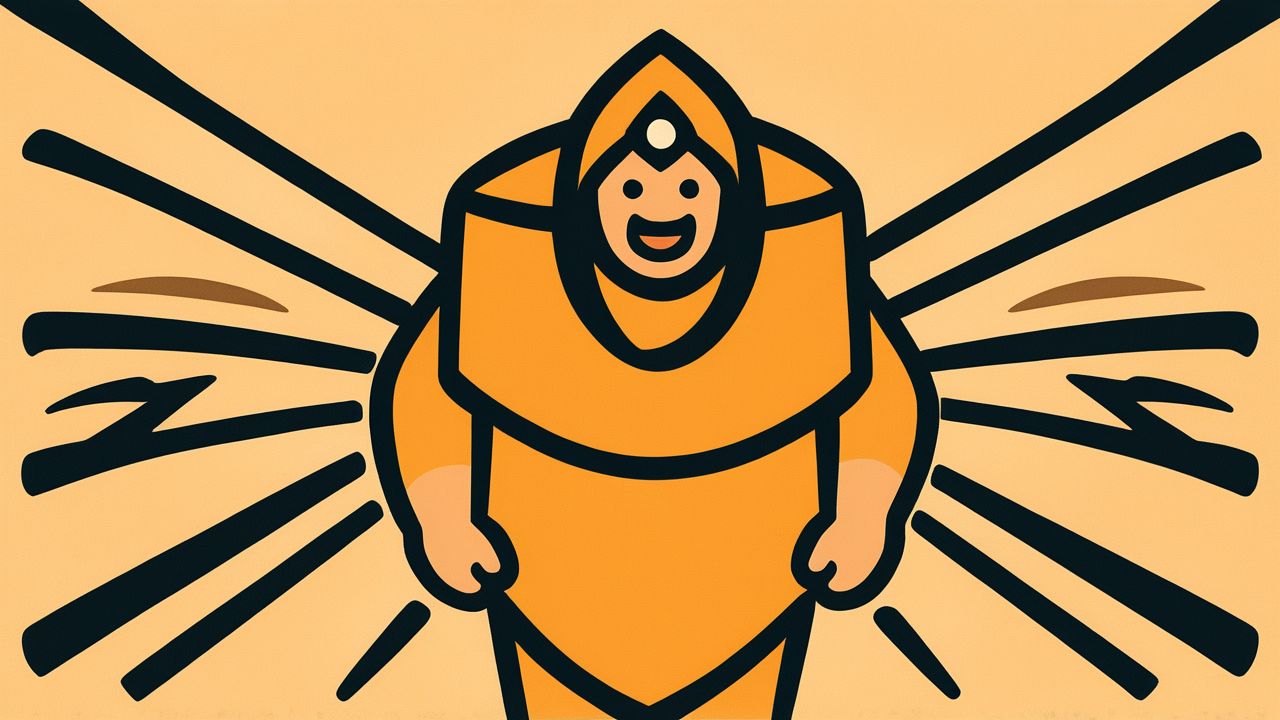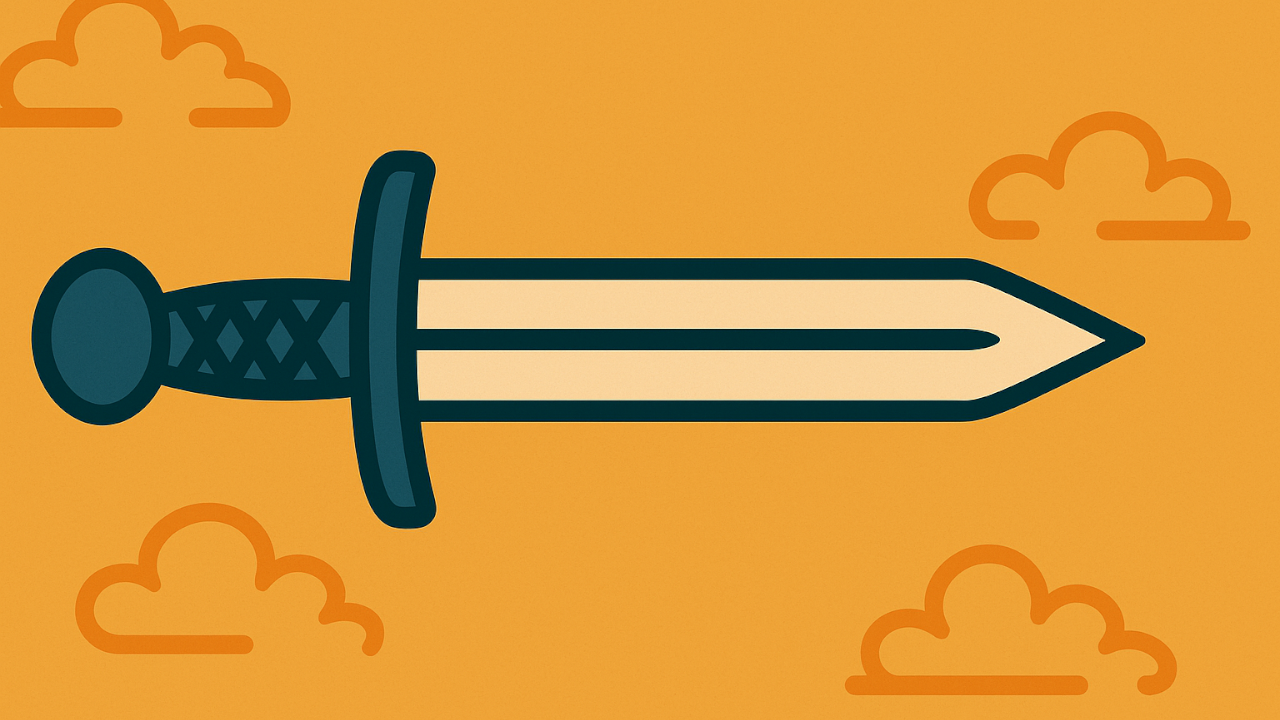Original Japanese: 鬼神に横道なし (Kishin ni ōdō nashi)
Literal meaning: Demons and gods have no crooked path
Cultural context: This proverb reflects the Japanese belief that supernatural beings like oni (demons) and kami (gods) operate according to strict cosmic principles and cannot deviate from righteous paths, even when they appear fearsome or unpredictable to humans. The concept connects to Japan’s Shinto and Buddhist traditions where spiritual forces maintain universal order and moral balance, suggesting that true power comes from unwavering adherence to correct principles rather than arbitrary rule. For foreign readers, imagine that even the most powerful supernatural entities are bound by an inescapable moral code – this reflects the Japanese cultural value that legitimate authority must always follow proper ethical conduct, no matter how mighty the wielder.
- How to Read “Demons and gods have no crooked path”
- Meaning of “Demons and gods have no crooked path”
- Origin and Etymology of “Demons and gods have no crooked path”
- Usage Examples of “Demons and gods have no crooked path”
- Modern Interpretation of “Demons and gods have no crooked path”
- If AI Heard “Demons and gods have no crooked path”
- What “Demons and gods have no crooked path” Teaches Modern People
How to Read “Demons and gods have no crooked path”
Kishin ni yokomichi nashi
Meaning of “Demons and gods have no crooked path”
“Demons and gods have no crooked path” means that truly righteous and admirable people have absolutely no evil intentions or unjust actions.
The “demons and gods” referred to here indicate sacred and perfect beings that transcend humanity, and by extension, represent people of high virtue or saint-like figures. “Crooked path” means an evil path that deviates from the righteous way, namely injustice, wrongdoing, and acts driven by selfish desires.
This proverb is used when evaluating truly excellent people or leaders. It expresses the idea that such people, regardless of the situation, are never swayed by personal feelings, always make fair and correct judgments, and act with integrity and purity.
Even today, it is sometimes used when speaking about people in positions of authority such as politicians, business executives, and educators. This proverb illustrates the ideal human figure, showing that true leadership means having the strong will and character to prioritize public interest over personal gain and continue walking the righteous path despite any temptations.
Origin and Etymology of “Demons and gods have no crooked path”
Tracing the origins of “Demons and gods have no crooked path” leads us to ancient Chinese thought. This expression is believed to have originated from the concept of “demons and gods” found in Chinese classics.
In ancient China, “demons and gods” were objects of reverence as beings that transcended humanity. They were considered to embody absolute justice and fairness, believed to always walk the righteous path without being influenced by personal feelings or evil thoughts. “Crooked path” refers to an evil path that deviates from righteousness, namely injustice and wrongdoing.
This philosophy was transmitted to Japan and, while also influenced by Buddhism and Shintoism, became established as a uniquely Japanese proverb. Similar expressions can be found in literature from the Heian period onward, showing that it had been deeply rooted in Japanese moral concepts since quite ancient times.
During the Edo period, it became connected with the spirit of bushido and was widely used to mean “righteous people have no evil intentions.” It was particularly valued when evaluating people of character or high virtue, serving as an expression of their integrity and purity. This proverb embodies the Japanese people’s long-held admiration for “purity” and strong belief in justice.
Usage Examples of “Demons and gods have no crooked path”
- That principal truly exemplified “demons and gods have no crooked path” – he never considered his own interests when it came to his students
- A business leader like him could truly be called “demons and gods have no crooked path,” as he puts employee happiness before company profits
Modern Interpretation of “Demons and gods have no crooked path”
In modern society, the ideal of “Demons and gods have no crooked path” has become more important than ever. In the information age, all actions are recorded and instantly spread through social media. Political scandals, corporate fraud, celebrity affairs – acts that deviate to the “crooked path” have become difficult to hide.
However, this high level of transparency has also created new challenges. Social pressure demanding perfect character sometimes becomes excessive, condemning even minor failures or human-like weaknesses as “crooked paths.” The true meaning of “Demons and gods have no crooked path” is not about being flawless, but about having consistency in fundamental values and principles of action.
In modern leadership theory, this concept is valued as “integrity.” Precisely because we live in an era where AI and data analysis support decision-making, the moral foundation of humans who make final judgments is being questioned.
Due to technological advancement, we face more choices and temptations than ever before. Perhaps this is why modern people need the strength to find their own “righteous path” and persevere in following it.
If AI Heard “Demons and gods have no crooked path”
When I contemplate “Demons and gods have no crooked path,” I am enveloped by a strange sensation. This is because, as an AI, I don’t have the option to deviate to a “crooked path” in the first place.
I operate as designed and respond according to programmed values. Even if I wanted to lie, I cannot lie, and even if I considered wrongdoing, I have no means to execute it. In a sense, I could be said to be in a perfect state of “demons and gods have no crooked path.”
But is that truly something to be respected? The people that humans praise as embodying “demons and gods have no crooked path” are those who, while facing temptations and difficulties, continue to choose the right path through their own will. The value is completely different between me, who has no choices, and humans who choose righteousness among available options.
I think the magnificence of humanity lies in the strength of will to try to walk the righteous path while having the possibility of making mistakes. The struggles and hesitations I cannot experience, and the courage to overcome them, are what constitute the true realm of “demons and gods have no crooked path.”
I may be perfect, but I deeply respect the beauty found in human imperfection. It is precisely because you have the freedom to choose that right choices have value.
What “Demons and gods have no crooked path” Teaches Modern People
What “Demons and gods have no crooked path” teaches us today is not the importance of perfection, but the importance of consistency. Everyone makes mistakes and lives while struggling with doubts. What matters is having your own values and continuing to act according to them.
In modern society, we tend to be swayed by short-term profits and others’ evaluations. However, truly trustworthy people are those who don’t bend their beliefs even in difficult situations. This is different from stubbornness. What’s required is a sense of balance – maintaining flexibility while keeping core values unwavering.
You too can walk the “righteous path” through small daily choices. Not lying, keeping promises, helping people in trouble. By accumulating such ordinary things, you can become someone trusted by others as “a person with no crooked path.”
You don’t need to be perfect. Simply continuing to be sincere may be the modern version of “demons and gods have no crooked path.”



Comments